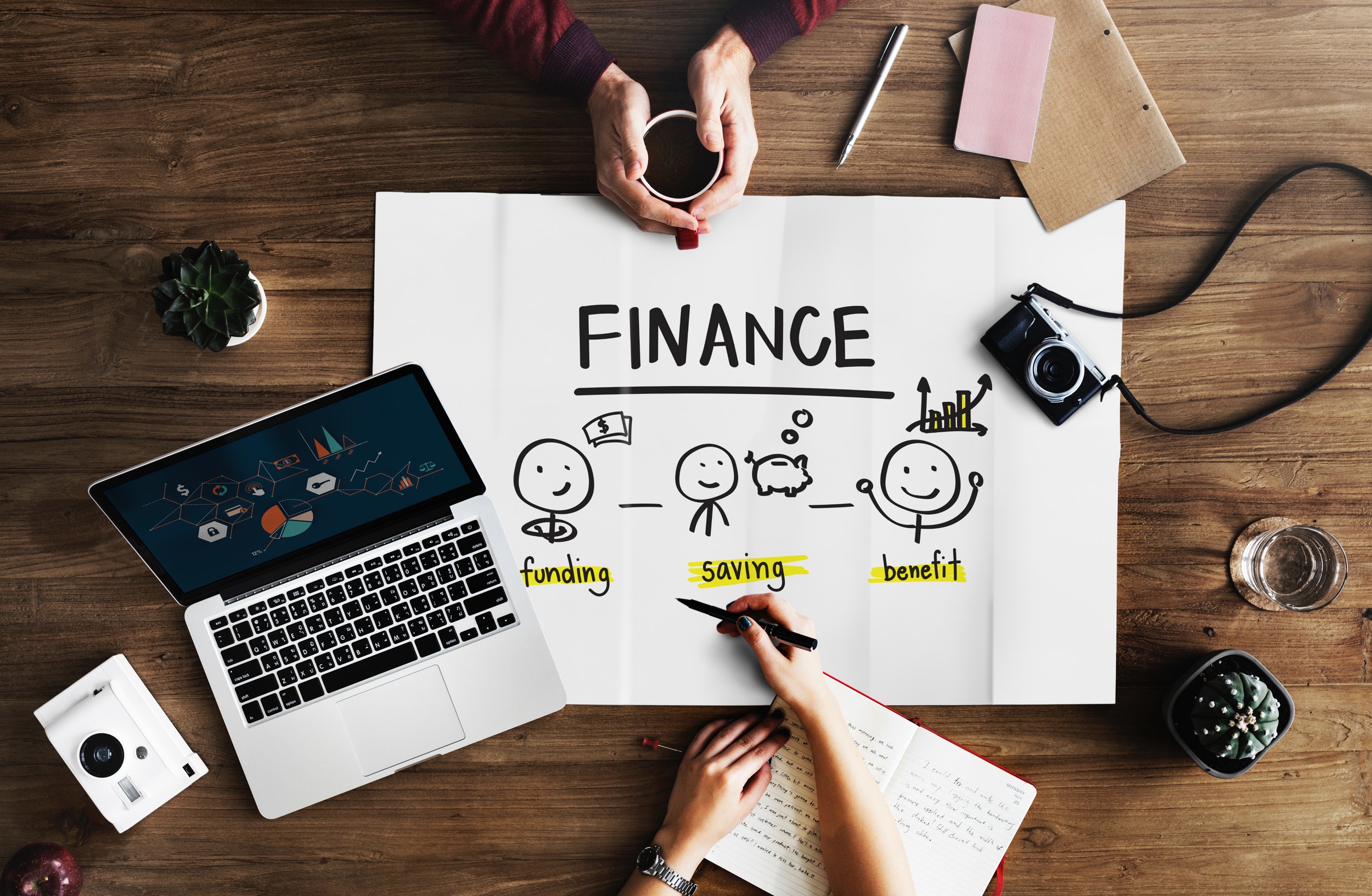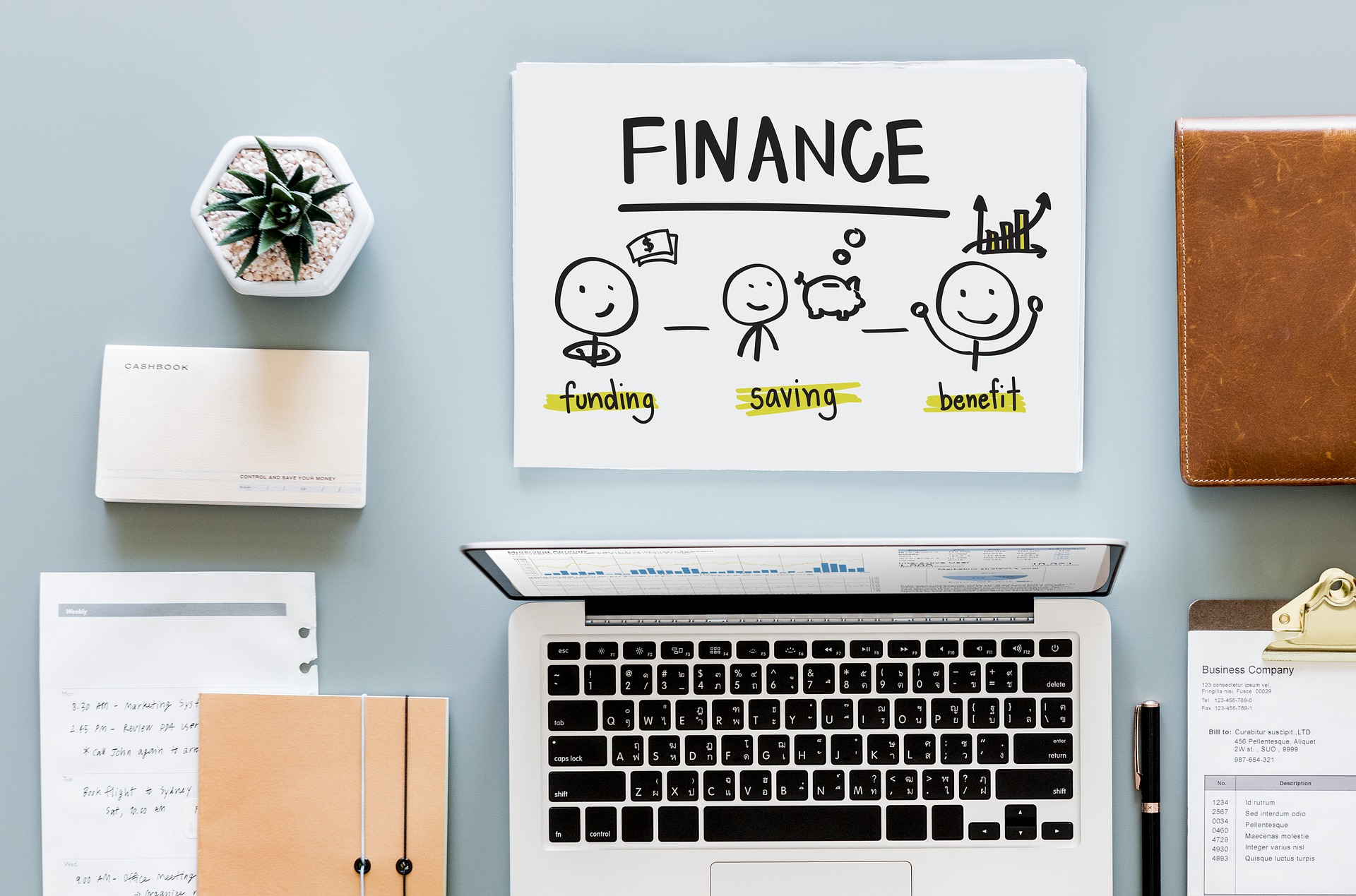Over the next 30 years, the baby boomers are expected to transfer approximately 30 trillion dollars of wealth to the millennial. Financial advisors are at an all-time advantageous position because they will help manage that money. The Bureau of Labor Statistics projects a 27% job growth for advisors between 2012 and 2022. The average job is suggested to be about $99,920.
However, this career is not an easy one. While there are a lot of career openings for finance sector,It is constantly changing. If you are interested in the profession, here are a few tips on the educational requirements, salary packages and the certification that will help you understand what you will need to be a successful financial advisor or start a financial planning career.
Who is a financial advisor?
Just as the name suggests, financial advisors provide advice to clients on how they can handle their money better. Financial advisors tell their customers where to channel their money, so they get higher returns and grow monetarily. These channels may include insurance options, retirement plans, and other investment strategies.
These professionals, therefore, need to have an excellent understanding of how the stock markets, the banking and insurance sectors are performing.
There are two options if you’re thinking about how to become a financial advisor. You can either choose to work with a company, or you can go private. Either way, you need a bachelor’s degree and relevant certification.
Educational requirements for a financial advisor online
The first step to getting into any career is to get an appropriate bachelor’s degree. The financial advisor career requires you to a degree in business administration and other specialized fields like accounting or financial management.
The business administration course will cover topics like marketing, accounting, operations management, and finance. The financial management course will focus on financial planning, investments and risk management.
While you are studying, make sure that you take advantage of the support resources offered by most universities. Resources such as resume writing guidance for professional CV writing service, job assistance, getting interview leads and writing cover letters will be beneficial when you are building your career.
You may also want to develop your marketing skills as you study since you will be tasked with the responsibility to connect with clients through marketing your advisory services in networking avenues, workshops and seminars. It is critical for you to start learning the different marketing strategies early. They will be helpful when you are looking for clients to represent.
Depending on the country and the state you reside, you will be needed to get licenses and certifications. The license you get will depend on the types of assets you want to handle. If you’re going to sell securities like corporate bonds, you need a Financial Industry Regulatory Authority licensing exam.
For the entry levels, the experience is not necessary, however, as you grow in the industry, you will need to get more certifications. The more certificates you have, the more likely you are to succeed in the private sector.
You will have to take the Certified Financial Planner (CFP) exam that will require you to complete 30 units of continuing education and summation of your annual dues. These classes improve your professional conduct.
To color your CV even further, take an advanced degree such as a Master’s. It will help you move up in your managerial positions and even land better-paying customers.
Time and costs involved in the financial planning career
This career requires rigorous studying. To pass most of the industry’s exams, you have to dedicate up to 270- hours of study time including the series seven that gives stockbrokers a license to trade and 66 to qualify you as an investment advisor and security agents. You also have to dedicate your time to training programs which will be invaluable for embarking into the career as a private representative.
Being a certified financial planner is not a requirement for financial advisors although the CPF test is done after a person enters the business.
Becoming a financial advisor is not cheap. The series 7 exam costs $305, and the 66 costs $155. The training may be offered by the company that you work for after getting your first degree. CFP costs are $594. The materials needed and the classes can be well over $400.
The monetary costs are nothing compared to the time you have to dedicate to be a competent professional. The costs of commitment and time will help you build a healthy practice.
The rewards of becoming a financial advisor
The salary of financial advisors varies depending on their education and experience level. Advisors that do not have more than 10 years experience get a salary of about $25000 per year. The salary increases over time because you get a salary, bonuses, and commissions. After ten years these professionals get about $95000 per year. According to statistics, the highest paid financial advisors in 2013 reached $180000.
There is also the personal satisfaction you get when you help change people’s lives. No two days at work are the same. You have endless opportunities to grow and expand. You will meet interesting people who will also change your life.
You also get the chance to maintain a great work-life balance since you have the advantage of built-in scheduling flexibility. You will also work well after your retirement years because the career does not require physical strain. Once you figure out what type of investor you want to be, it gets more comfortable for you to meet clients, excel in your education and growth.
Read Also:






















